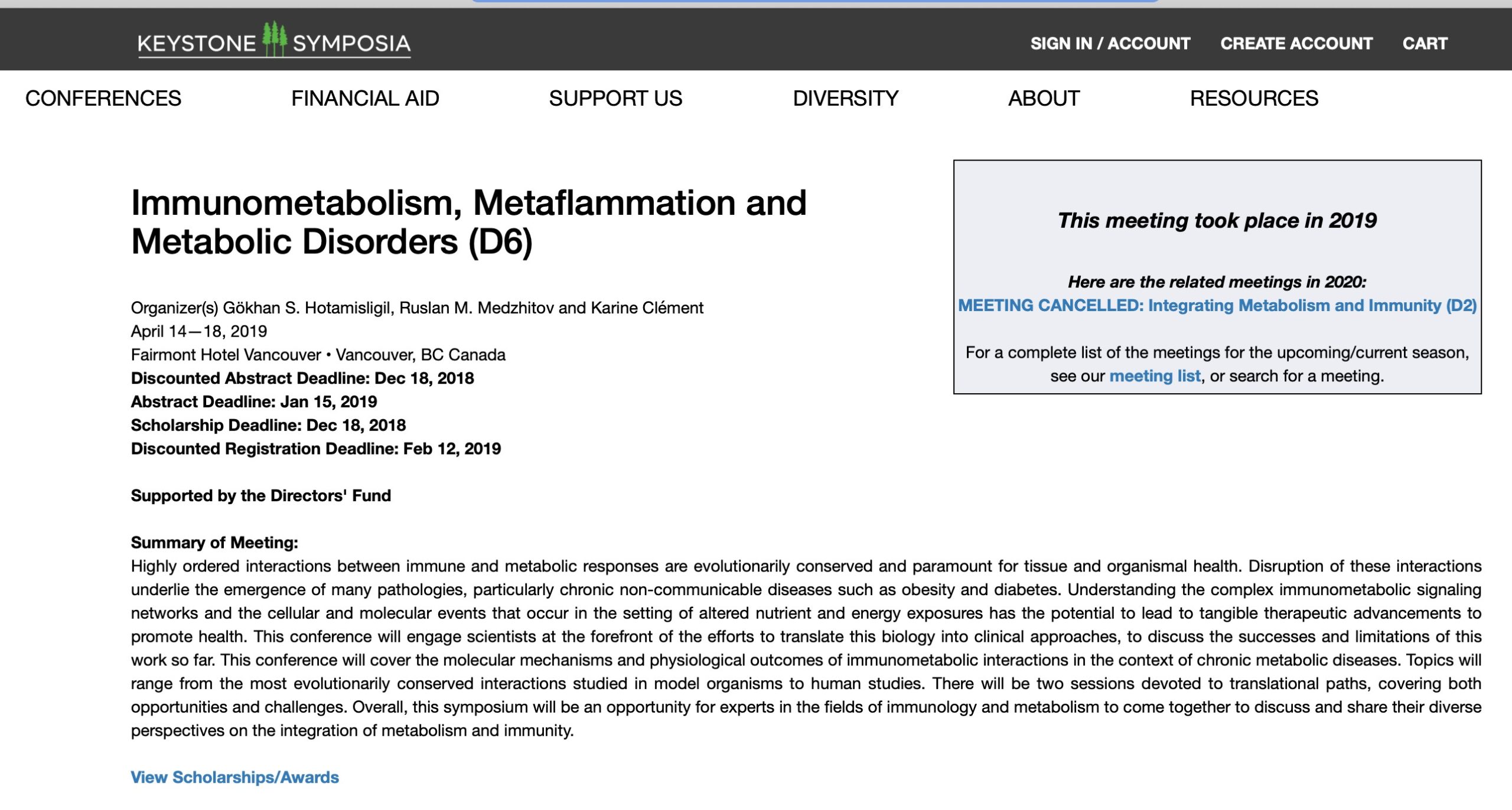Evaluating neuropsychiatric disease prognosis through a novel clinical tool called “Level of health”
Seema Mahesh12, Mahesh Mallappa2, Svirina Zhanna3, Dimple Kirpalani4 and George Vithoulkas5
1Faculty of Health and Medical Sciences, Taylor’s University, Subang Jaya, Malaysia, 2Centre For Classical Homeopathy, Bangalore, India, 3Ryazan State Medical University named after academician IP Pavlov, 4Healing Homeopathy, Perth, Western Australia and 5Postgraduate Doctors’ Training Institute, Health Care Ministry of the Chuvash Republic, Cheboksary, Russian Federation
Email: research@vithoulkas.com
Key words: Evaluation tool, neuropsychiatric, level of health, prognosis
Background: ‘Levels of health theory’ was proposed by professor George Vithoulkas as an attempt to scientifically make sense of the wide spectrum of response in patients with same pathology undergoing the same treatment. The theory proposes that apart from the pathological diagnosis, there are few other parameters that decide the depth and seriousness of a disease. The result of this theory is a clinical assessment tool that takes into account – the hereditary load, the past diseases and their treatment and the psychological state of the person along with present diagnosis – in order to assess the depth and seriousness of the disease. Implementation of this process yields a fair prognosis of whether a patient will respond easily or will require a prolonged treatment or may even be incurable. Though the tool was originally designed to assess homeopathic therapeutic prognosis and response, it serves for conventional treatment as well.
Objective: To present the “Level of health” as a clinical assessment tool to analyze the prognosis of neuropsychiatric diseases.
Methods: Explanation on how to decide the level of health clinically and its significance for prognosis will be provided. Case examples of different levels and of different pathologies will be presented to exhibit the decision-making process and the usefulness of the novel tool. The audience will be trained in the process and provided with the tool to work with in their own clinical setting. A network will be created with the willing participants in order to collect the data from them at intervals for further evidence-based development of the tool.
Results: The clinical cases demonstrate a distinct pattern of prognosis and treatment response depending on the ‘Level of health’ designated as per the assessment tool.
The Movementis conference, 31st Aug to 2nd Sep at La Sorbonne University, Paris, France
This is an important conference with the previous ones being held at Oxford, Harvard and Tel Aviv universities. It is special because it brings together multiple disciplines involved with brain, body and cognition. The IACH has been participating in these, the last two times, and this time, we had a workshop of 90 minutes on the topic of Levels of health and how it can serve as a tool to provide prognosis to neuropsychiatric diseases.
The conference was attended by a small number of people this time compared to the last two times, owing to the new world norm and travel related restrictions. However, the gathering was enthusiastic and versatile. Our workshop was mainly attended by psychiatry professionals, and they found the concepts of Levels of Health by Prof. George Vithoulkas very illuminating. The idea that response to treatment is not just statistics but involves very specific predictable parameters was a novel one to them and they were encouraged to analyze this in their own patients.
The conference concluded with a beautiful closing ceremony while sailing on the Seine. We were able to establish a network of professionals who were willing to be involved in future projects involving the Levels of Health.












